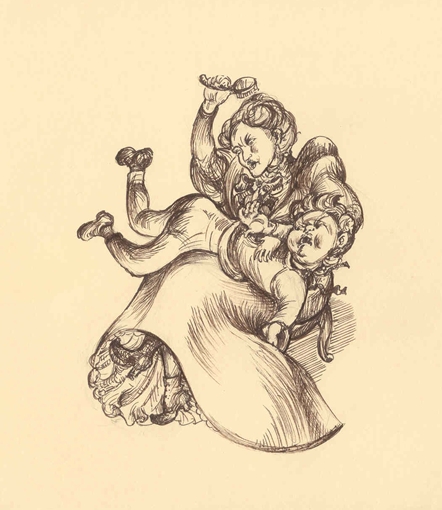To link to this article from your blog or webpage, copy and paste the url below into your blog or homepage.
Toxic Parents: Overcoming Their Hurtful Legacy and Reclaiming Your Life
a book by Susan Forward and Craig Buck
(our site's book review)
Forward guides the reader compassionately out of the emotional chaos and sadness of being stuck in unhealthy relationships with parents (whether living or dead). This is a great book for reclaiming one’s life and transforming from a sad, weak person who’s at effect of his/her parents (and the emotions in one that keep pulling one back into the struggle with them), to a powerful, strong person who’s at cause in his/her life and no longer held back by the parent-child connection.
She looks at how so few troubled people make the correct connection between their emotional troubles and the primal relationship that was a major force in producing them. People repress to such a degree that they are actually surprised to find out that their relationship with their parents has had a major impact on their lives.

Classic case of a toxic parent
She wrote the book to help the reader with the two most important aspects of good therapy: changing current self-defeating behavior and disconnecting from the traumas of the past. She realizes that most parents aren’t “toxic.” But the ones who are indulge in consistently negative patterns of behavior that traumatize their kids and wreck their lives, often continuing the negative patterns even when their kids grow up and try to cope with adulthood. She knows that adults, regardless of bad childhoods, are responsible for their lives now, including restraining themselves from acting out their hang-ups. But she also knows that kids blame themselves for “what was done to them as a defenseless child.”
She presents an enlightening section on incest in which she points out it doesn’t occur in loving, open, communicative families but in families in which there is emotional isolation, secrecy, neediness, stress, and lack of respect. Statistics say that one out of ten people are incest victims. In families where a parent is emotionally isolated and feels there’s no one s/he can talk to, s/he may feel there’s no alternative to incest with a child just to experience the closeness s/he is desperate for. (If this doesn’t make a great case for MC formation, it’s hard to see what would. Can you even begin to imagine 32,000,000 people who experienced the horrors of incest, and all of them in the U.S.? That’s the statistic, incredible as it seems. See Why Register for an MC?.)

Registering for MC search and match
Does she really grasp the full extent of the phenomenon of people indulging in self-defeating behavior as a result of inadequacies in relationships between adults and their parents? She says to remember that: “. . . this is a common struggle. Few people are sufficiently evolved to be completely ‘in charge’ of their own lives and totally free of the need for parental approval. Most of us have left home physically, but very few of us have left home emotionally.” So, happily, yes, she does grasp the full extent.

Indulging in self-defeating behavior as a result of an inadequate relationship between him and his parents which made him value praise over life
She points out the two types of enmeshment: (1) Continually giving in to parents in order to placate them, and (2) Rebelling against them; reacting against them. Either way is still “at effect” behavior.
Her “cure” involves confronting the toxic parent face-to-face and telling them what you remember and how it made you feel then and how it affected you then and now. She says: “What you don’t hand back, you pass on,” which means that you’ll wreck your kids if you have kids while you yourself are emotionally messed up. The confrontation is your way of facing them and how they make you feel, and ending the fear relating to them, and telling the truth. If your relationship with your toxic parents has any hope to be healthy in the future, it will be because the lies, hate, fear and manipulations cease and you see each other as people. See Your Inner Conflicts and How to Solve Them, Self Parenting, Recreating Your Self: Building Self-Esteem Through Imaging and Self-Hypnosis, and Parenting From the Inside Out.
She refers to the “struggle,” a term first thrown around in Primal therapy back in the 70s. Her book is about letting go of the struggle—which is defined as the eternal quest in the emotionally immature person to get his or parents to change and to finally begin giving this person the love and acceptance they never did before. She says that the only way to win this game is not to play—as in the movie WarGames. Trying to figure out what you can do to win their love is another way of denying that they have none for you. The struggle is—by definition—hopeless.

Susan Forward's book was written to help people with excess emotional baggage to heal
(This book could be used in MCs, along with PSBs and the MC itself, to help people with excess emotional baggage to heal. The MC environment is especially conducive to people finding others to talk with them and support them in such ways.)





